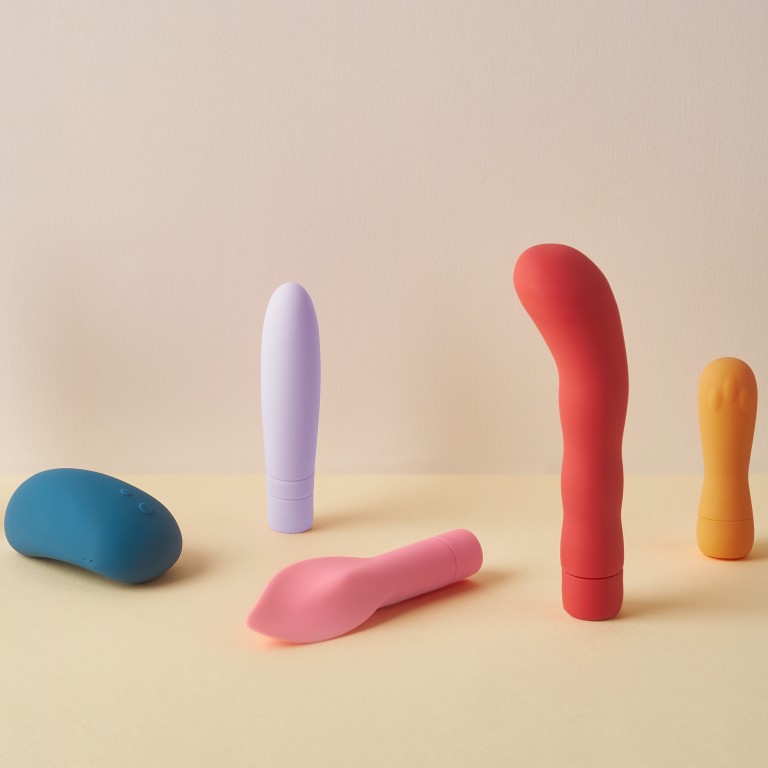
These Asian sex toy brands aren’t just selling female-friendly vibrators, they’re helping women get in touch with their sexuality
- Hong Kong adult brand We Are Fk and Singapore’s Smile Makers want to challenge antiquated perceptions about sex and female pleasure
- They are also helping women assert control over their sex lives so they can reach new highs in self-esteem and lower anxiety
The sexual revolution of the 1980s introduced women to the idea that they, too, could enjoy sex like men did, thanks to the advent of female contraception and more liberal social views. Today, another sexual revolution is taking place – not in the streets, but on slick digital stores that peddle vibrators and lube in the most innocuous ways.
This new generation of adult brands is fronted by people who no longer want women to “suffer in silence” when it comes to their sexual well-being.
One of those brands is Hong Kong-based We Are Fk. Set up earlier this year, its online store curates a wide range of sexual wellness products – from futuristic-looking clitoral vibrators to fetish gear essentials – all on a pared-back site that barely hints at the nature of its merchandise.
Co-founder Petra Greening explains that talking about sex can be uncomfortable for some, especially those in conservative Asia, which is why she has designed the store to be as non-threatening and approachable as possible.
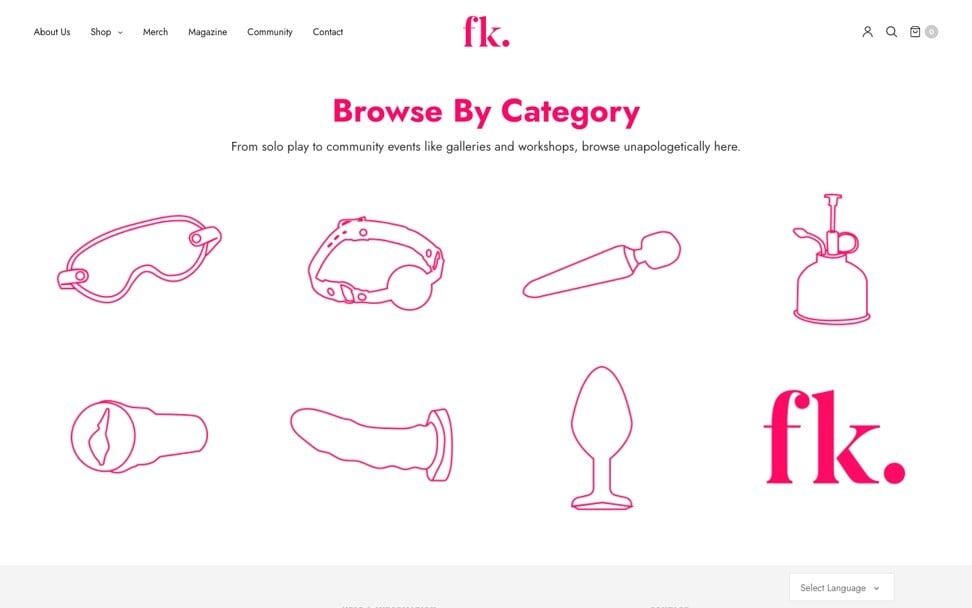
“Being a ’90s kid in Hong Kong, I have to say we were never taught about sexuality,” she says. “Reproduction, yes – but pleasure, gender, sexuality? No.”
That sort of silence has perpetuated a culture that perceives female pleasure as “shameful” and something that should be “hidden”, she says.
Take your sex life to another level with these experts’ tips
“Years of skewed opinions and medical research on women, due to a male-dominated world, have stifled true equality as well as real research into female sexuality,” she says.
Greening is referring to misconceptions that have plagued the field of women’s health – like the antiquated concept of “female hysteria”, a historical diagnosis for women exhibiting anything ranging from loss of interest in sex to, paradoxically, sexually forward behaviour, as well as the shroud that has long surrounded the female orgasm.
For those reasons, We Are Fk doesn’t just sell adult products. The brand also runs an e-magazine that explores sex and all its extras, with articles ranging from newbie guides to vibrators to dealing with intimate body dysmorphia. (“Our girlie bits have been oppressed for centuries,” writes Greening in an article encouraging vulva-positivity in women, “but just look at all those glorious dongs on display in ancient statues.”)

By educating and empowering women about their sexuality, Greening wants to create a “healthier environment” for women to understand themselves and their bodies – and, of course, have a few toe-curling orgasms along the way.
Though there remains woefully little scientific evidence that orgasms in themselves lead to specific health benefits, experts do agree on one thing: that the pleasure gained from said orgasms are in themselves beneficial, even if you have them alone.
A literature review published in the Journal of Affective Disorders in 2011 looked at more than 100 scientific articles and studies on oxytocin – the mythical “love hormone” released during sex and while having an orgasm. It notes that the hormone “induces a general sense of well-being including calm”, and that its release is associated with secondary biochemical changes that “mediate long-term benefits”, such as reduced blood pressure. Other studies report that oxytocin can lessen anxiety and increase overall psychological stability.
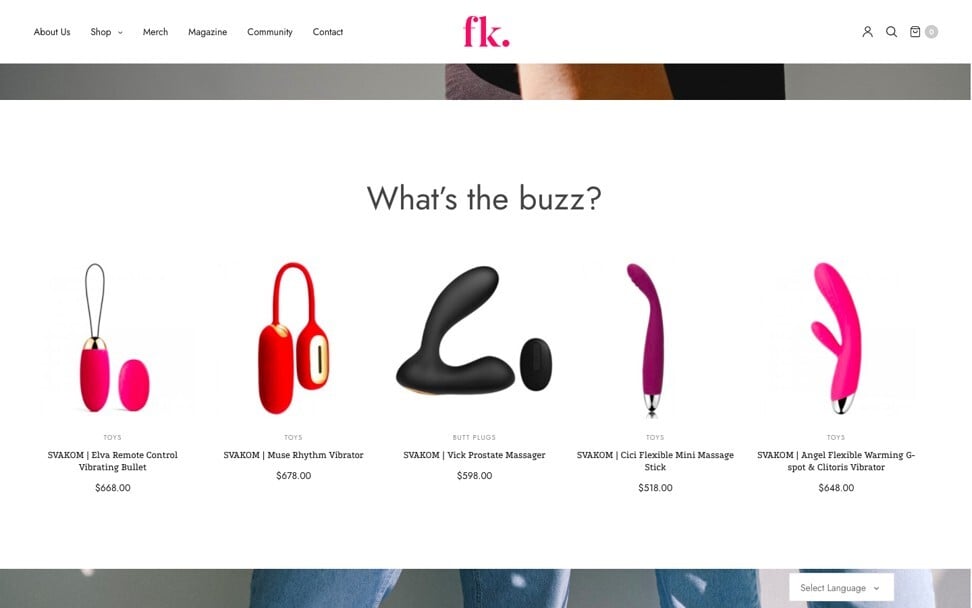
But will a vibrator still bring as many benefits as a warm, fleshy partner? Experts say yes – to some extent.
Though having sex alone “won’t stimulate the release of as much oxytocin or other mood-boosting hormones”, self-pleasure still comes with a host of benefits that makes it well worth pursuing. That’s according to Dr Nicole Cirino, associate professor of psychiatry at the Oregon Health & Science University Centre for Women’s Health in the US.
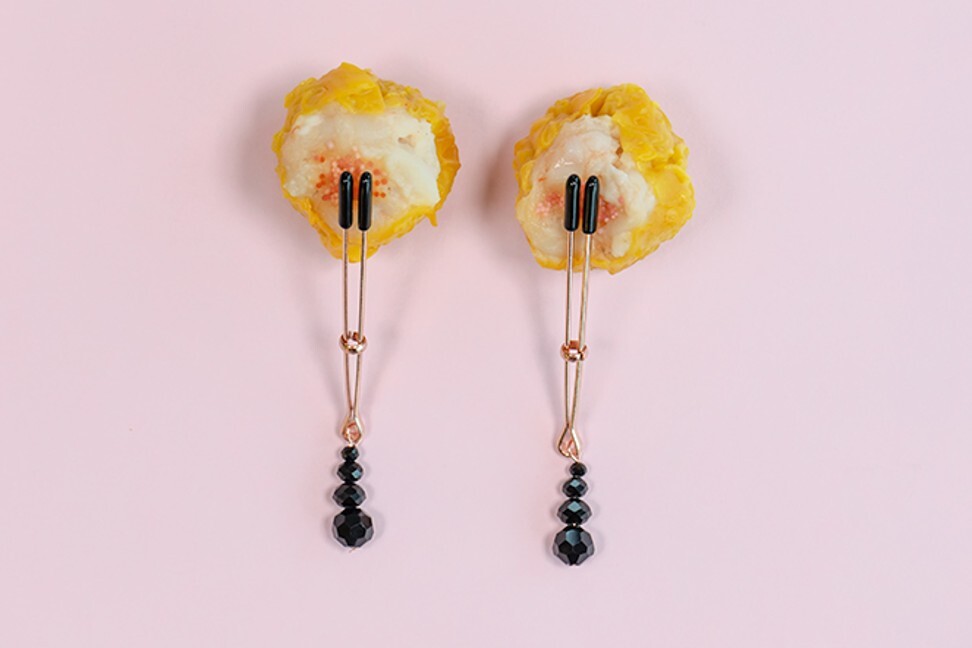
Clinical sexologist Dr Martha Tara Lee agrees. The Singapore-based therapist runs Eros Coaching, a counselling centre focused on sex – and how to do it better. She says that in recent years, more women have been coming forward with their bedroom-related issues – sometimes with their begrudging partners in tow.
“Women are less likely to be willing to suffer in silence now,” Lee says. “I’ve had my fair share of clients throw themselves onto my couch with a puff, declare that they didn’t want to come, that they resent seeing me, and are only there because their partner – usually female – insisted on it.”
Having the confidence to admit that something isn’t working in the bedroom is both empowering and beneficial, she adds.

“Having a healthy relationship with one’s sexuality is connected to our self-esteem and happiness,” Lee says. “When people take control of their sexuality, they learn how to have the lives that they want and deserve.”
It’s not only the women who are tired of archaic mindsets regarding their sexuality. Even men say they want to see change: just like Mattias Hulting and Peder Wikstrom, who created the Singapore-based adult toy brand Smile Makers back in 2013.
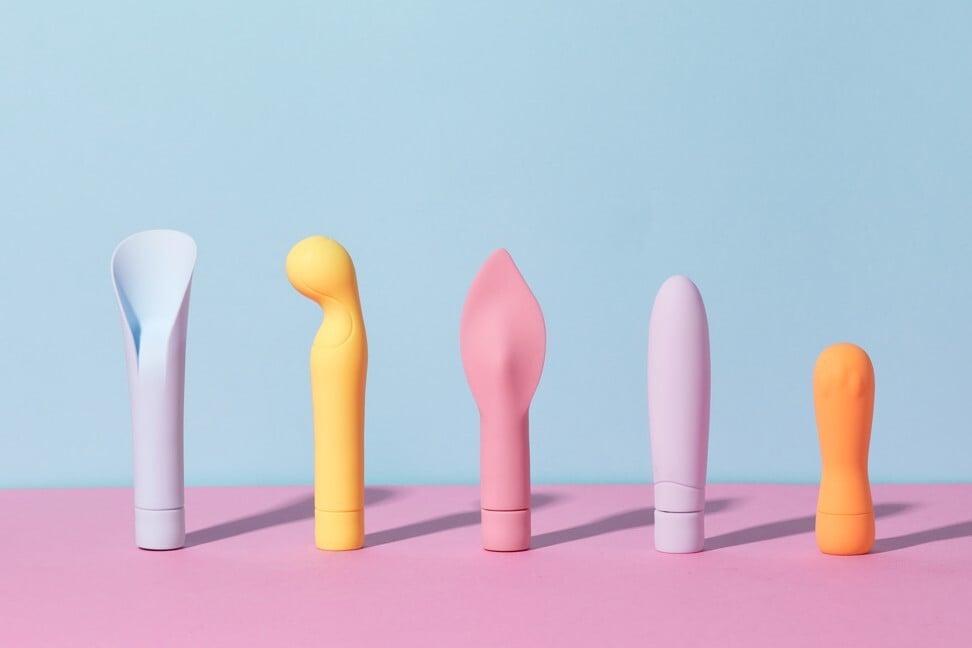
Despite being founded by two men, Smile Makers’ range of products was conceived with plenty of female input – including from the two founders’ mothers.
“If your aim is to remove taboos and normalise something related to sex, being comfortable showing it to your mother is really the best acid test we know,” Hulting laughs.
“The idea for Smile Makers came when my co-founder Peder walked into a sex shop years ago to buy a vibrator for his girlfriend,” he adds. “But many of the brands in the shop were targeting male shoppers to use these products on women, rather than women buying something for themselves. The designs were vulgar, the communication very crass – even as a man, Peder was horrified.”
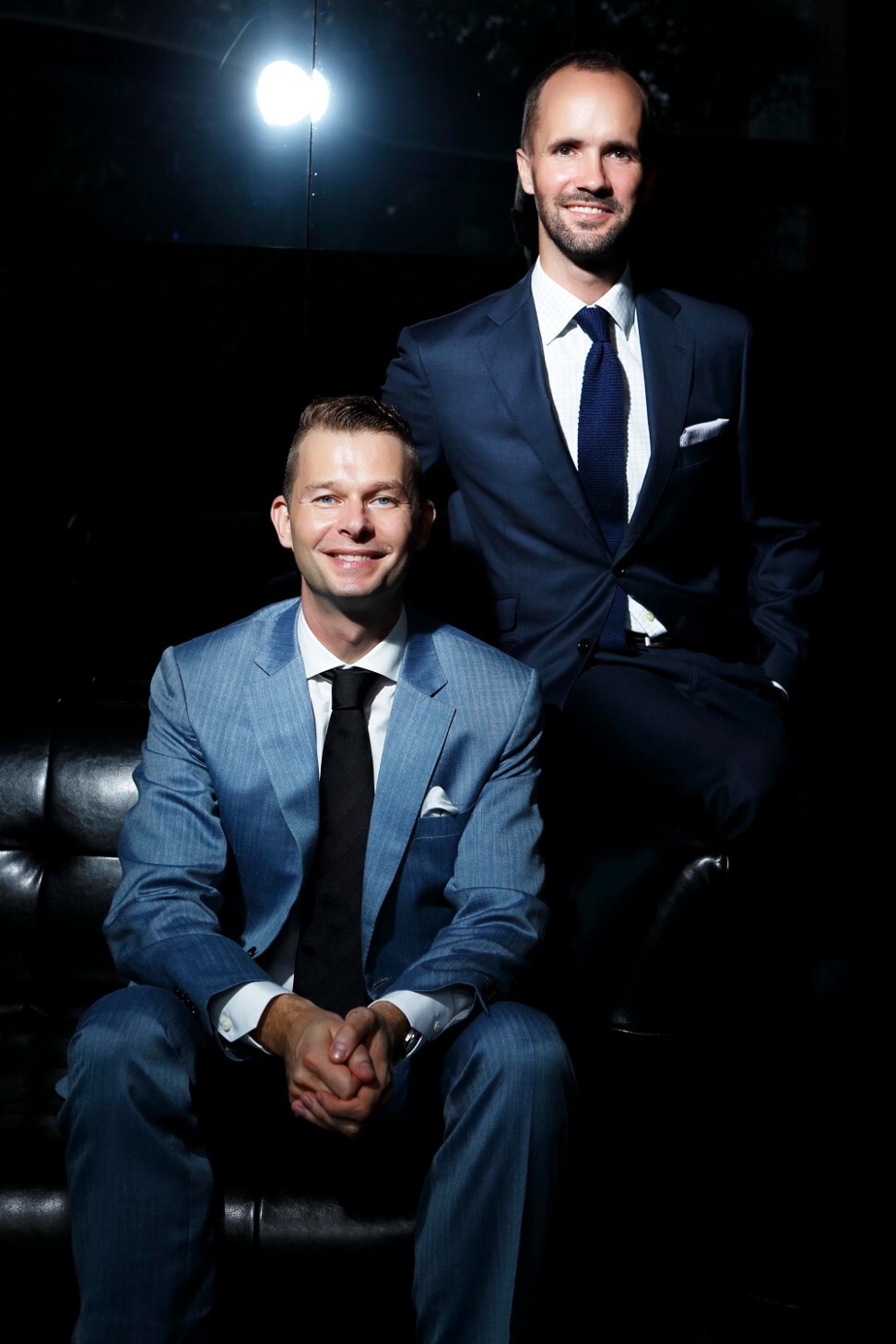
Such skewed perceptions can lead to sexual dysfunction, Hulting says, which in turn can lead to a “wide range of issues”. “It can make us insecure, thinking that something is wrong with us, and prevent us from having functioning relationships,” he says.
It’s why Smile Makers started their Vulva Talks education programme, which Hulting describes as “sex ed 2.0”. The workshops – which are supported by organisations such as UN Women and Singapore’s National University Hospital – delve into topics like pleasure equality, body awareness and inclusivity.
How much sex is normal? Four tipsy women on how much they ‘do it’
“For years, oppression has stifled female pride and sexual expression,” she says. “I think we’re tired of it.”
